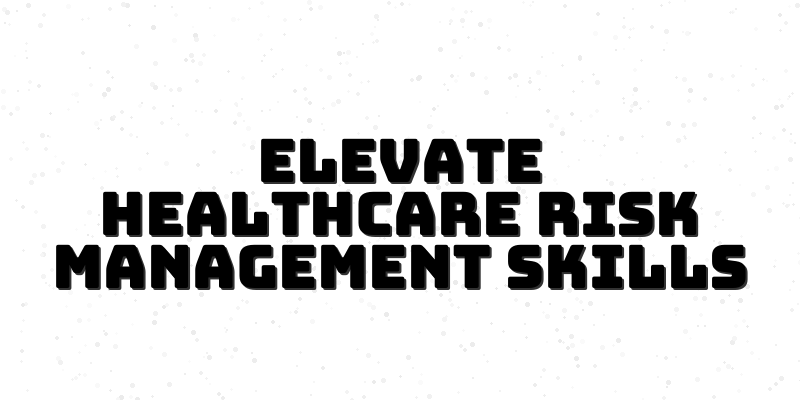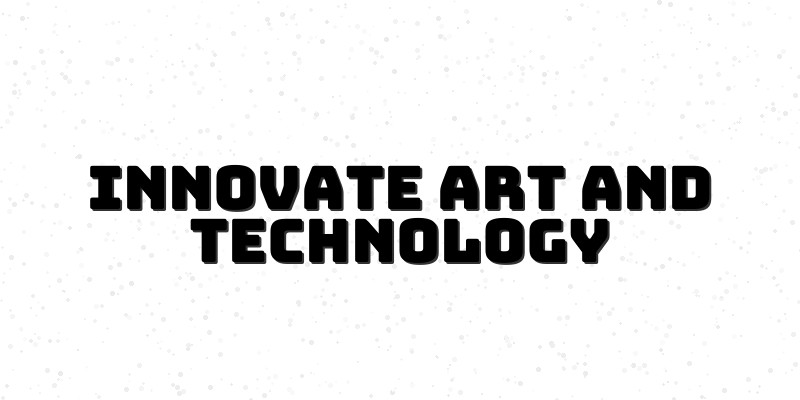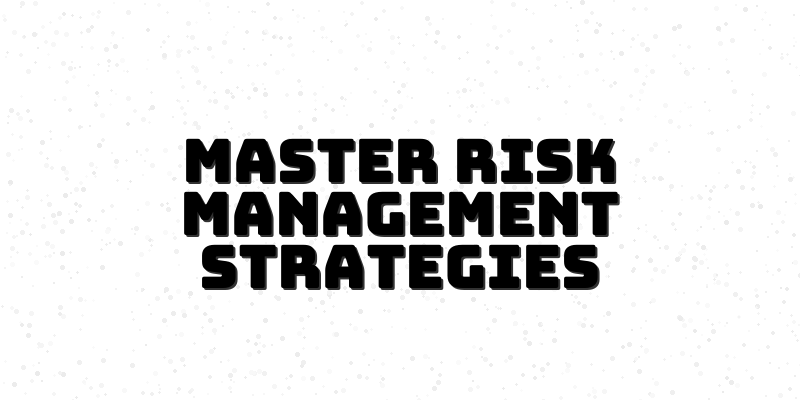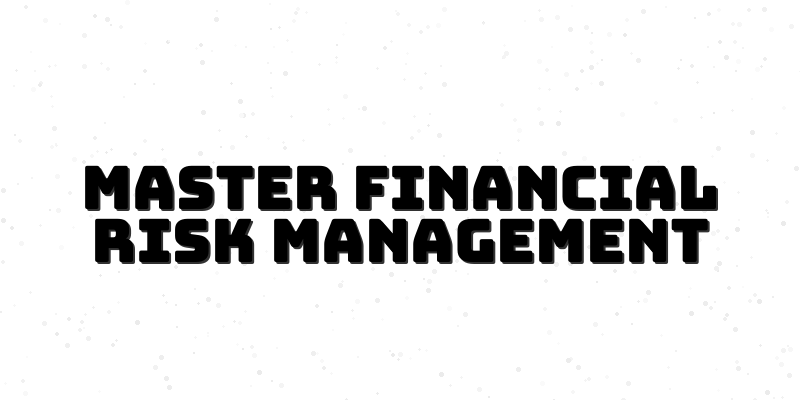Transform Your Healthcare Risk Management Strategies for Maximum Impact
In today's rapidly evolving healthcare landscape, the integration of advanced healthcare risk management strategies is more crucial than ever. As experienced risk managers, embracing innovative methods to enhance patient safety and ensure regulatory compliance not only meets industry standards but also elevates operational efficiency. This guide delves into the essential strategies that can transform your approach to healthcare risk management, making a significant impact on both patient outcomes and organizational success.
1. Understanding the Healthcare Risk Landscape
The healthcare sector is constantly navigating a complex risk landscape that includes regulatory challenges, patient safety concerns, and operational inefficiencies. Understanding these risks is the first step towards effective healthcare risk management. It involves not just compliance with regulations but an active assessment of both internal and external factors influencing patient care and safety. Shifting perspectives to view risks as opportunities for improvement can foster innovation and lead to more effective strategies tailored to both operational needs and patient outcomes. Experienced risk managers must stay updated with emerging risks, including those related to technology, compliance, and workforce management, as these can have profound implications for patient safety and organizational reputation.
By utilizing risk assessment methodologies, professionals can identify vulnerabilities in their systems and processes. This foundational understanding allows risk managers to develop comprehensive strategies that proactively address these vulnerabilities before they escalate into serious incidents. A structured approach to risk identification and evaluation lays the groundwork for a robust healthcare risk management framework, ensuring organizations can meet not only legal obligations but also ethical responsibilities in patient care.
2. Developing Robust Patient Safety Protocols
Patient safety is a fundamental component of healthcare risk management. Implementing comprehensive safety protocols is paramount to reducing incidents and enhancing the quality of care. Safety protocols should be evidence-based and rooted in current best practices while being flexible enough to adapt to evolving healthcare environments. Risk managers must collaborate across departments to develop these protocols, ensuring that they are practical and grounded in the realities of clinical operations. Facilitating interdisciplinary training can also strengthen compliance and raise awareness about safety issues among all staff members.
Additionally, monitoring, auditing, and continuously improving these patient safety protocols is essential. Developing a culture of accountability where all team members understand their roles in maintaining safety can significantly reduce errors and enhance patient trust. Regularly revising protocols based on incident reviews and patient feedback can foster a proactive approach to risk management.
3. Mastering Regulatory Compliance in Healthcare
Regulatory compliance is often viewed as a daunting challenge, yet it can become an avenue for operational efficiency with the right approach. Understanding the various regulations governing healthcare, including HIPAA, OSHA, and the Affordable Care Act, empowers risk managers to not only maintain compliance but to integrate these regulations into daily operations. Training and engagement across the organization ensure that all employees understand their responsibilities towards compliance, enhancing the overall organizational culture.
Furthermore, conducting regular compliance audits and risk assessments can identify potential compliance challenges before they escalate into legal issues. Utilizing tools and technology to streamline compliance processes can reduce administrative burdens while enhancing accuracy and thoroughness in reporting.
4. Optimizing Operational Efficiency in Risk Management
Operational efficiency is crucial for effective healthcare delivery. By optimizing workflows and eliminating redundancies, healthcare organizations can not only improve patient experiences but also mitigate operational risks. Leveraging technology for data collection and analysis allows for more informed decision-making regarding risk management strategies. An effective risk management framework should pair operational processes with patient safety initiatives to create a seamless, high-quality care environment.
Moreover, empowering front-line staff through training and involvement in risk management processes can lead to innovative solutions and a culture of safety. By fostering an environment where staff feel safe to report errors and suggest improvements, organizations can better capture data on incidents and implement strategic changes swiftly.
5. Communicating for Impact: Engaging Healthcare Executives
Effective communication is key in ensuring that risk management strategies are understood and supported at all levels of the organization, especially among healthcare executives. Presenting risk management assessments and safety protocols in a clear, impactful manner can earn executive buy-in and foster a culture of safety throughout the organization. Tailoring your communications to align with executive priorities, such as cost savings and patient outcomes, can facilitate better resource allocation and support for necessary initiatives. As healthcare continues to evolve, risk managers need to advocate for policies that promote safety while also aligning with the organization’s strategic goals.
Engaging healthcare executives also means regular updates on risk management strategies, outcomes, and evolving risks. Creating a risk management dashboard that highlights key metrics and outcomes can provide a visual representation of how effective strategies are improving patient safety and organizational compliance.






